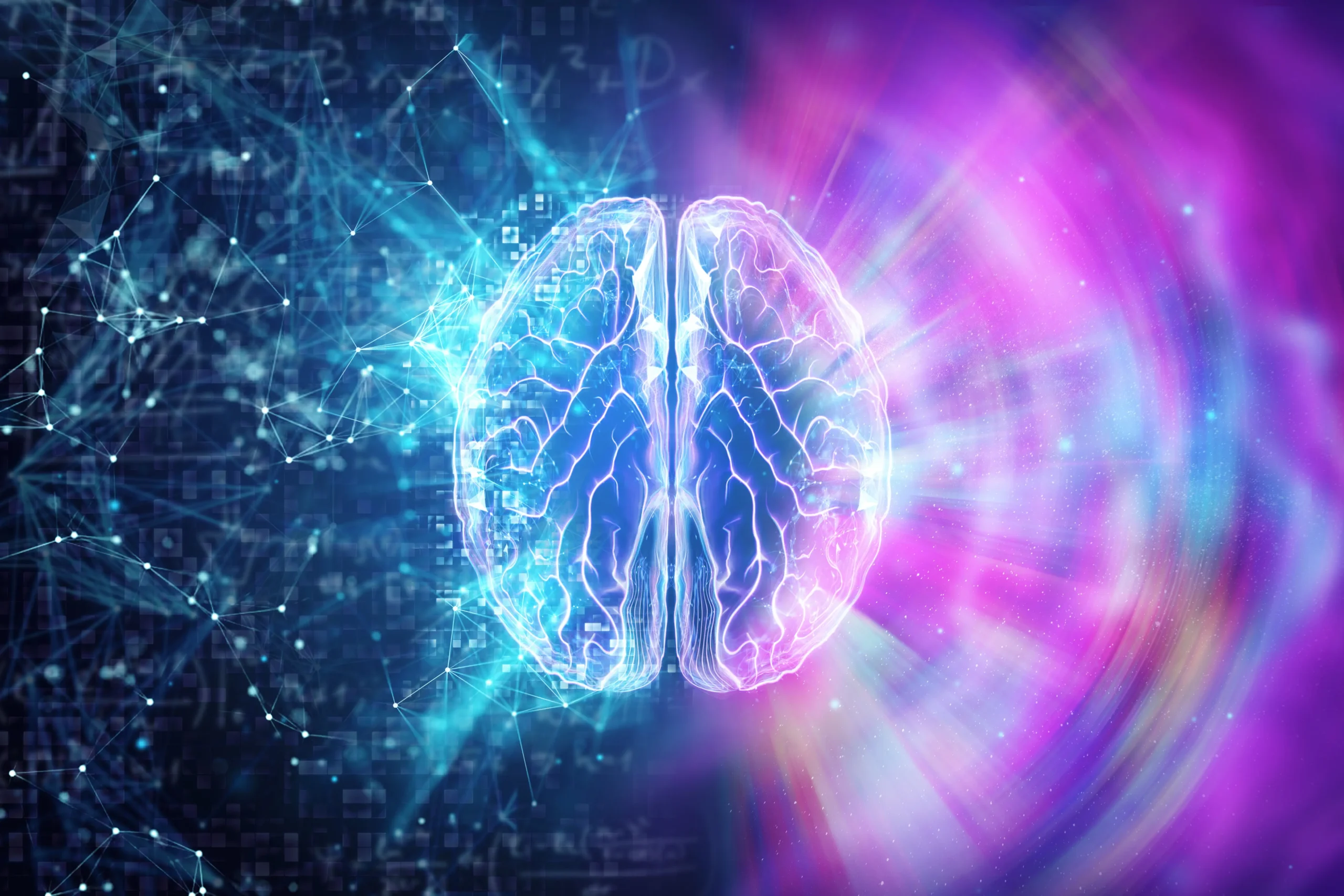MDMA for PTSD
find healingMDMA-Assisted Psychotherapy for PTSD: How It Works
Post-traumatic stress disorder (PTSD) is a mental health condition that can occur after a person experiences or witnesses a traumatic event. Symptoms of PTSD can include flashbacks, nightmares, anxiety, depression, and avoidance of triggers associated with the traumatic event. While there are various treatments available for PTSD, many people do not respond to traditional therapies or medications. As a result, researchers have been exploring alternative treatments, including MDMA-assisted psychotherapy.
MDMA-assisted psychotherapy is a form of therapy that combines the use of the drug MDMA with psychotherapy sessions. MDMA is a synthetic drug that alters brain chemistry to produce feelings of empathy, euphoria, and emotional openness. When used in a therapeutic context, MDMA can help to facilitate emotional breakthroughs and create a sense of safety and trust between the patient and therapist.
The therapy typically involves twelve sessions. Nine of theses sessions are typical hour-long talk therapy sessions. There are three administration session throughout treatment, each lasting approximately 8 hours, with the patient taking MDMA. The sessions following each administration focus on integration.
The use of MDMA during therapy can help to reduce anxiety and fear, increase empathy and openness, and enhance the therapeutic relationship between the patient and therapist. This can create an environment in which the patient feels safe to confront and process traumatic experiences and emotions that may have been too overwhelming to face before.
While MDMA-assisted psychotherapy is still an experimental treatment for PTSD, early research has shown promising results. A study published in the Journal of Psychopharmacology in 2018 found that MDMA-assisted psychotherapy produced significant improvements in PTSD symptoms in a sample of 26 participants, with 68% no longer meeting diagnostic criteria for PTSD one month after treatment and 54% no longer meeting criteria at the 12-month follow-up.
It is important to note that MDMA is a controlled substance and should only be used in a therapeutic context under the guidance of a trained professional. The therapy is not suitable for everyone, and potential risks and benefits should be carefully evaluated before beginning treatment.
If you are interested in MDMA-assisted psychotherapy for PTSD, talk to your mental health provider to learn more about the therapy and whether it may be a suitable treatment option for you.
How Can MDMA-Assisted Psychotherapy Therapy Help?
Re-patterning the brain
Works to create new neural networks that help us build and strengthen new pathways that help process trauma more effectively
Break in the cycle of thought
Psychedelics can help you break the cycle of unhelpful thought patterns and patterns of avoidance
Reduces fear
MDMA can assist clients in feeling less fearful and safer to allow for more effective processing of this trauma without avoiding, to enable the ability to train these new pathways in the brain
Creates a safe space for processing
It is possible to have unpleasant experiences while using psychedelics. MDMA-assisted Psychotherapy can help create a comfortable, non-judgmental setting to allow for vulnerability and facilitate processing. A therapeutic setting allows client to feel emotionally, legally, and medically safe.
Integration
The goal of integration is to help the patient integrate their insights and experiences into their daily life in a way that promotes healing and growth. This may involve developing new perspectives on traumatic experiences, releasing old patterns of thinking and behavior, and building new skills and strategies for managing symptoms of PTSD.

